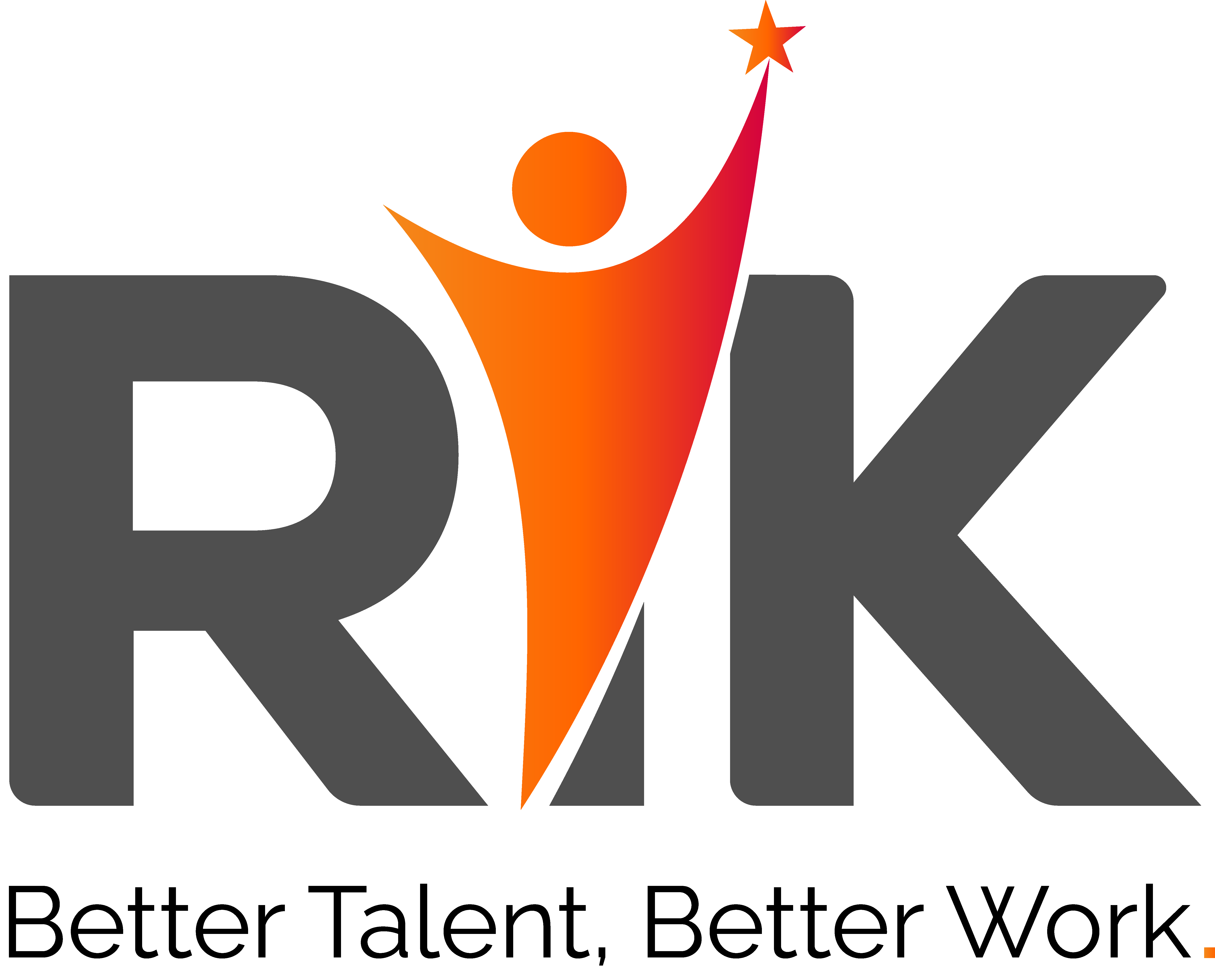From Talk to Action: Walking the ESG Talk in Today’s Business Landscape
In today’s interconnected world, businesses are increasingly recognizing the importance of Environmental, Social, and Governance (ESG) factors in driving long-term value creation and sustainable growth. The ESG revolution isn’t just a trend; it’s a fundamental shift in how companies operate, engage with stakeholders, and contribute to society. It’s no longer sufficient to merely pay lip service to sustainability; it’s time to walk the talk.
Environmental considerations lie at the heart of the ESG framework, encompassing issues such as climate change, resource conservation, and pollution mitigation. As our planet faces unprecedented environmental challenges, businesses have a crucial role to play in driving positive change. From reducing carbon emissions to adopting renewable energy sources and implementing sustainable supply chain practices, there are countless opportunities for companies to minimize their environmental footprint and contribute to a greener, more sustainable future.
Social factors, including diversity, equity, and inclusion, are also integral to the ESG agenda. Building a diverse and inclusive workforce isn’t just the right thing to do; it’s also a strategic imperative for businesses seeking to foster innovation, enhance employee engagement, and strengthen their reputation. By prioritizing initiatives that promote diversity, equal opportunity, and employee well-being, companies can create a more inclusive workplace culture and drive positive social impact within their communities.
Governance, the third pillar of the ESG framework, is essential for ensuring accountability, transparency, and ethical conduct within organizations. Strong governance practices help mitigate risks, safeguard shareholder interests, and foster trust among stakeholders. From board diversity and executive compensation to anti-corruption measures and ethical supply chain management, effective governance lays the foundation for sustainable business performance and long-term value creation.
As businesses embrace the ESG revolution, they must go beyond mere compliance and embrace a mindset of continuous improvement and innovation. This requires integrating ESG considerations into strategic decision-making processes, embedding sustainability into the corporate DNA, and fostering a culture of responsible leadership at all levels of the organization. It also involves engaging with stakeholders, including investors, customers, employees, and communities, to understand their expectations, address their concerns, and build trust through transparent communication and meaningful action.
While the ESG journey may present challenges and complexities, the rewards are substantial. Companies that prioritize sustainability not only enhance their resilience and competitiveness but also create positive societal impact and contribute to a more sustainable world for future generations. By walking the talk on ESG, businesses can not only drive financial performance but also build a legacy of responsible stewardship that transcends short-term profits and delivers lasting value to society and the planet.

